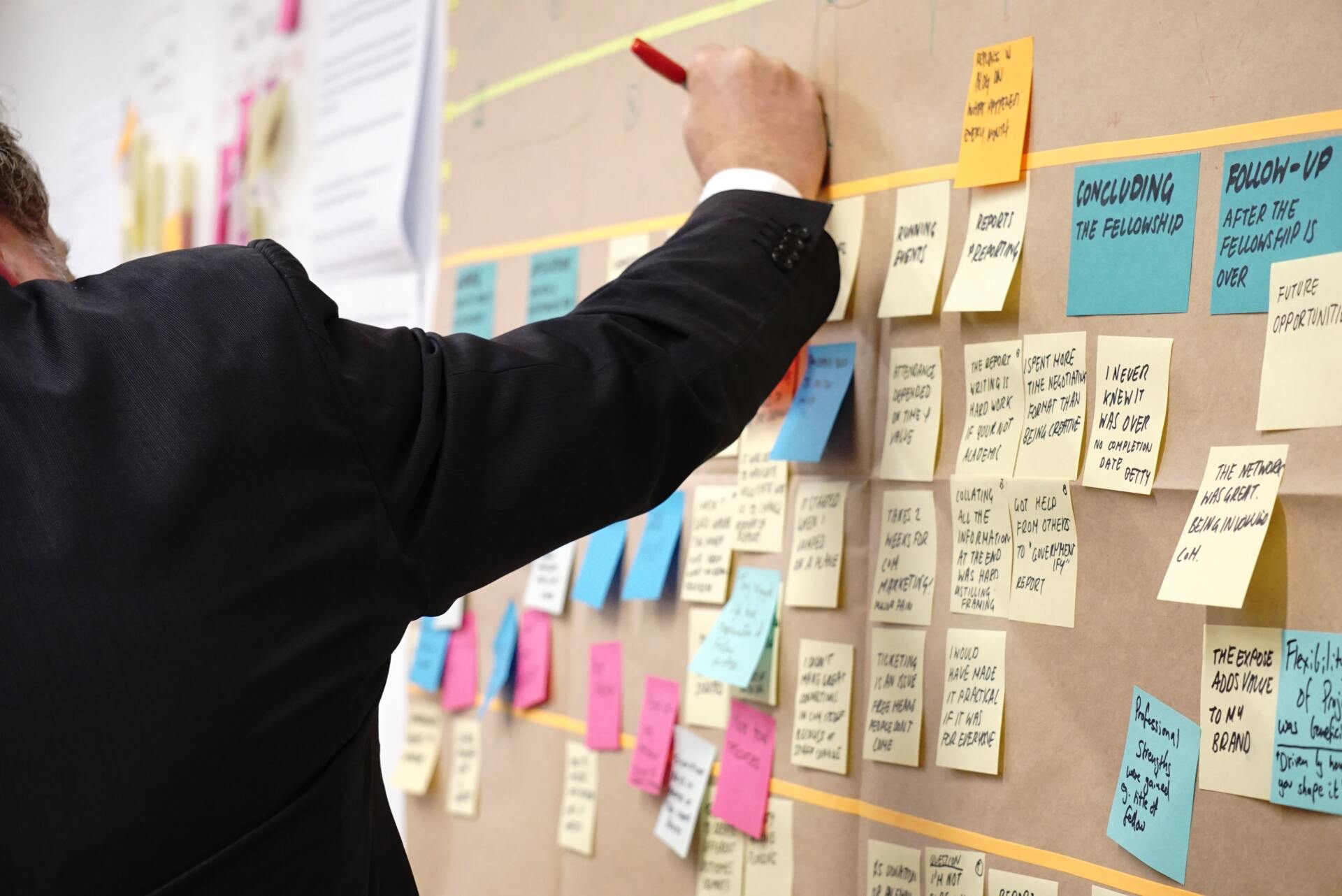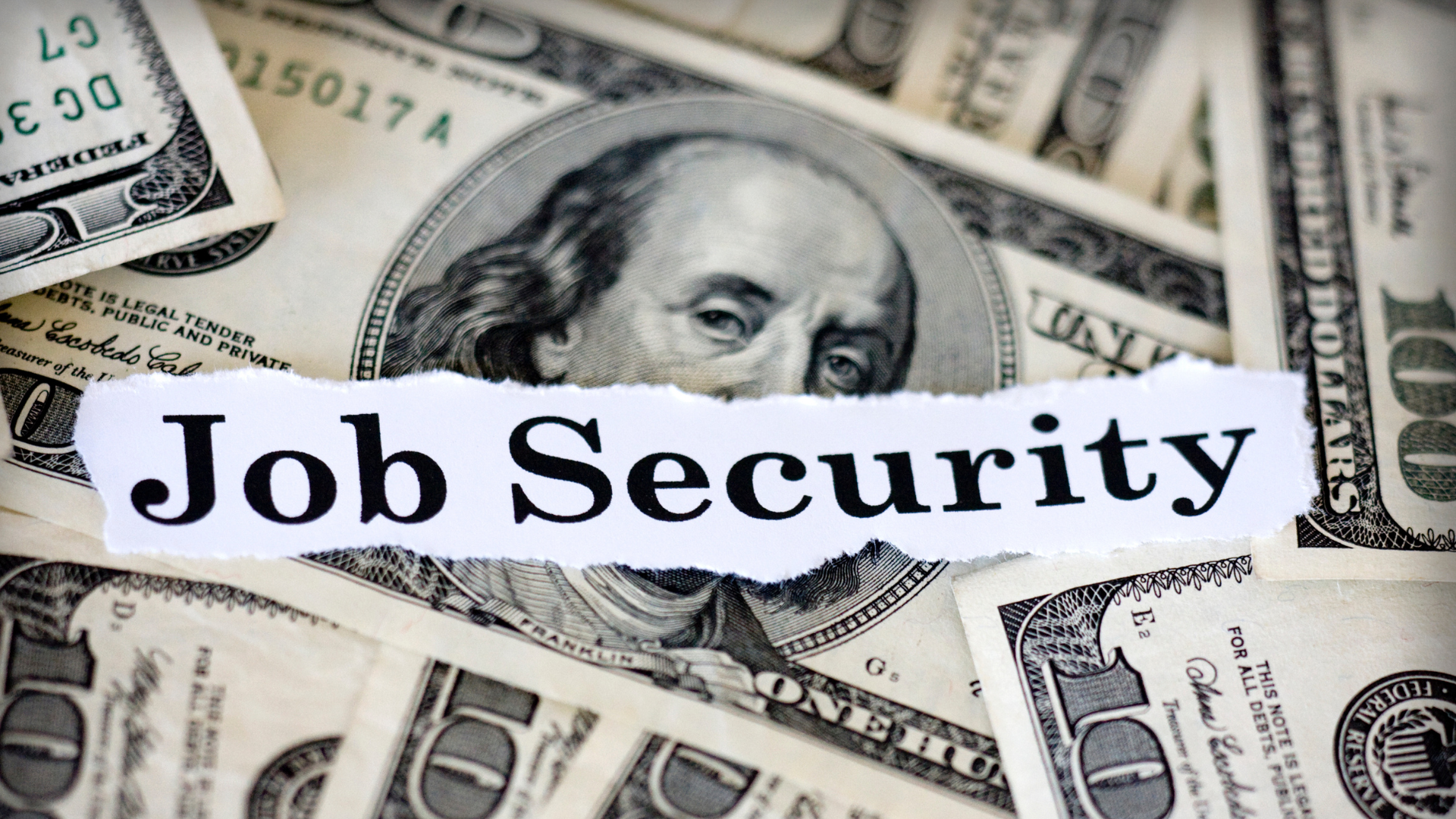Be an Eco Warrior in the Workplace
Aimee Burton • November 5, 2020

“It’s time not to save our planet but to save us”, says Sir David Attenborough in his 2020 Netflix documentary ‘A Life on our Planet’.
If like me, those words gave you a heart palpitation or two, I wouldn’t recommend watching this before you sleep, unless you have time to squeeze an episode of ‘Schitt’s Creek’ in beforehand.
Historically, Sir David’s documentaries have showcased tantalising tales of the globe’s wondrous wildlife, and whilst ‘A Life on our Planet’ offers similar aesthetics, it tells a darker story of how humans’ habits have caused our planet’s severe decline over the last eighty years and a road map guiding the only way out alive.
I’m no golden girl and prior to moving to Australia, I’ll admit I rarely thought about being eco-friendly and sustainable; at no moment did I expect that my daily habits were contributing to damage detrimental to our wildlife and planet.
In particular, my eating habits were entirely inherited; I knew no different. I come from a large family of meat-eaters and for as long as I can remember, rarely was there a meal without meat. Side note - I was the first to question our diet declaring my vegetarianism over Christmas lunch 2019; it inevitably created quite the stir and a conversation topic that lasted for weeks.
Living in the ‘big smoke’ prior to 2017, the only sign of climate change I sensed was the sweat dripping down my back on the Northern Line in the peak of the British summer. I saw it more as a rite of passage at the time in becoming a ‘true’ Londoner; along with falling asleep on the Kennington loop, but that’s a story for another time.
Only upon living in Australia since 2017, have I witnessed the devastating effect of climate change on our doorstep, through the catastrophic bushfires and flooding. I had always dreamt of taking my nephews to the Great Barrier Reef and I saw this dream come true in Christmas 2019, when the Burton family came to visit me in Australia. The expectation was to create treasured memories, whilst the reality of what we witnessed was rather morbid. It was difficult to digest the guilt filled truth that our habits were to blame for the severe state of the Great Barrier Reef.
The endless amounts of coffee cups, always forgetting a carrier bag when going to the supermarket, throwing leftovers out, eating meat in every meal, ordering solo Uber rides...the list goes on.
I have since made a conscious effort to change my daily habits, not only in my personal life but also whilst in the office. Which leads me to providing some action points on how you too can become an eco warrior in your workplace.
Recycle and use recycled paper
Go to Daiso or Officeworks (or similar) and get a couple of small bins for recycling. Have a separate bin/bag for soft plastics which you can take to the supermarket once full and deposit in their soft plastic bin. Soft plastics include cling film, chip packets and bubble wrap.
If you have an office/household cleaner, communicate with them that you are making a conscious effort to recycle and would like them to empty the bins accordingly. Default printer settings to print out on both sides.
Use keep cups or/and use a real coffee maker.
Buy a keep cup and then use it! Have one for home and one for work. Using a reusable drinks bottle that is refillable, rather than buying plastic bottles. You’re also likely to drink more water if you have it constantly with you.
Encourage car-pooling or/ and catching public transport
To and from work and for any external meetings. There will be many more meetings now taking place online which is efficient, cost saving and sustainable.
Move towards using digital storage instead of paper
Using post it notes and pads of paper need to be limited and eradicated if possible. There are post it notes on your desktop you can use. Similarly, I use a saved Word document every day for all my random note taking and I delete as I go.
Air-conditioning and heating
Grab a jumper or hot water bottle before cranking the heating. The sneakiest part of working from home is you can have a blanket draped over you and your slippers on and no one would be any the wiser!
Also, on the not so outrageously hot days, lay off the air conditioning. As much as it’s invaluable in the moment, it’s part of the problem in adding to global warming.
Keep ink and toner out of the environment
Ink and toner shouldn’t be put in the general waste. Here are some ways you can recycle them:
- Take them to a local big-box retailer like Best Buy, Costco, or Target
- Drop them off locally at an office supply store
- Look online for a recycling program which accepts them
Switch to eco-friendly cleaning chemicals
Here are some suggestions for some great Australian owned companies which sell eco-friendly cleaning chemicals in reusable bottles and refill pouches.
Purchase energy efficient lighting
If no one is in the room, why do you need lights? Look into lighting which automatically turns off when no one is present and moving in the room. Yes, I may have to stand up and wave occasionally, but it’s not such a bad thing to be ushered off your chair a few times an hour.
Ensure electronics and appliances are energy efficient
For those at the back, turn the switch at the plug socket off if you’re not using it.
Look for the bright yellow EnergyGuide label (or similar) on an appliance to compare energy efficient refrigerators and how much energy they use. An energy efficient appliance with a higher price tag is a more cost effective option overall.
Use eco friendly technology
Examples include -
- Meeting virtually using video conference platforms
- Using LED light bulbs
- Replace your old computers and devices with Energy Star rated products that work a lot faster in an energy-efficient way
- Use the cloud otherwise, your in-house device will be required to consume high amounts of energy
Shut down your computer in the evening and put it in sleep mode when you’re not using it.
It was such a bad habit of mine to keep my computer on overnight as I didn’t want to close unsaved documents down and lose my notes.
I now have a miscellaneous document on Google Docs that I open every morning which has my scribbled notes, and it is autosaved every day in the cloud.
Product check – choose companies that endorse energy efficiency and green alternatives
Do an annual audit of the products that are being used in the office space. Also, make a conscious effort when you are purchasing in the first instance.
Buy plants for the office to promote better air quality and reduce the amount of Green House Gas emissions
Plants in any space add to the aesthetics, so this is a no brainer for me, the more plants the better. It’s also fun and cheap to propagate plants such as devil's ivy and monstera as they grow.
Get outside and volunteer – all sorts of green causes and conservation campaigns
Lend your staff to an eco cause such as a community clean up. Also, encourage neighbouring firms, clients and customers to get involved with you.
Encourage your employees to sign a host of new petitions ( here and here ) supporting the environment
Put in place some eco friendly activities and encourage people to participate.
Some ideas could include:
- Everyone creates an outfit or garment using recyclables only
- Everyone brings unwanted clothes or/and items, then swaps them. Those that don’t get taken can be:
- Dropped off at an opportunity shop or clothes bank The social media content of these activities, plus employees using their Keep Cups and being active in the recycling programs
These are some of the ideas I’ve decided to put into practice Do you have some ideas on being an ultimate eco warrior in your workplace I’ve not shared? Please comment below, I’d love to hear from you.
Find the job you love I Find the right talent
Get in touch with people2people
Australia
I
United Kingdom
In business since 2002 in Australia, NZ, and the United Kingdom, people2people is an award-winning recruitment agency with people at our heart. With over 12 offices, we specialise in accounting and finance, business support, education, executive, government, HR, legal, marketing and digital, property, sales, supply chain, and technology sectors. As the proud recipients of the 2024 Outstanding Large Agency and Excellence in Candidate Care Awards, we are dedicated to helping businesses achieve success through a people-first approach.






